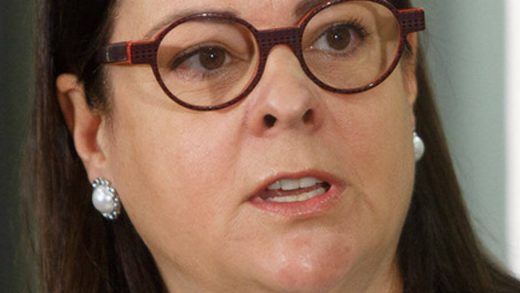
Southwest Airlines has adopted a ‘poison pill’ following activist investor Elliott Investment Management taking a significant stake in the company.
The airline said Wednesday that the shareholder rights plan is effective immediately and expires in a year. Southwest shareholders would need to give prior approval for an extension.
Shareholder rights plans, or “poison pills,” allow existing shareholders to acquire shares at a discounted rate to discourage a takeover by an outside entity. Southwest’s plan is triggered when a shareholder acquires 12.5% or more of its common stock, which would let all other shareholders buy stock at a 50% discount.

Southwest said that it adopted the rights plans due to several concerns, including Elliott’s approximately 11% stake in the company and the flexibility that the firm has to acquire a significantly greater percentage of Southwest’s voting power across two of its funds starting as early as July 11.
“In light of the potential for Elliott to significantly increase its position in Southwest Airlines, the board determined that adopting the rights plan is prudent to fulfill its fiduciary duties to all shareholders,” Southwest Chairman Gary Kelly said in a statement. “Southwest Airlines has made a good faith effort to engage constructively with Elliott Investment Management since its initial investment and remains open to any ideas for lasting value creation.”
Last month it was disclosed that Elliott bought a $1.9 billion stake in Southwest and was looking to force out the CEO of the airline, which has struggled with operational and financial problems.
Elliott, in a letter to Southwest’s board, then said that Southwest’s stock price has dropped more than 50% in the last three years. The firm also criticized the airline, saying it has failed to evolve, hurting its ability to compete with other carriers. Elliott blamed the Dallas-based company’s massive flight cancellations in December 2022 on what it described as the airline’s outdated software and operational processes.
Elliott is looking for executives from outside the company to replace CEO Robert Jordan and Kelly, and for “significant” changes on the board, including new independent directors with experience at other airlines.
Southwest has said that it remains confident in Jordan and its management and their ability to drive long-term value for shareholders. For his part, Jordan has said that he won’t resign and that in September his leadership team will present a plan to boost the airline’s financial performance.
In midday trading, Southwest shares added 11 cents to $28.41. Shares of the company are down about 21% in the past year, while the benchmark S&P 500 index is up roughly 25% over the same time.


